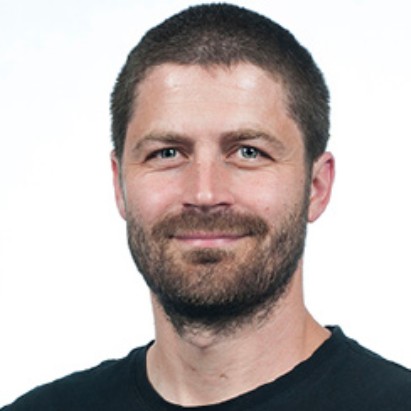Lead researcher
Marco Herold, Tony Papenfuss

Institution
The Walter and Eliza Hall Institute
Tumour type:
Leukaemia
Years funded
2021-2023
Project description
Our project seeks to clarify the role of the mutated DNMT3a enzyme in the initiation and continuous growth of acute myeloid leukaemia (AML). Little work to date has gone into studying the gene expression changes caused by mutant DNMT3a in AML. Identifying the most critical altered gene products in DNMT3a mutant AML will open new possibilities for developing drugs to improve treatment for this devastating disease.
What is the need?
Patients with AML face a lethal outcome without effective treatment. Initial responses to standard chemotherapy are good, but relapses are unfortunately common. Because of this, more targeted and more effective therapies for AML are urgently needed.
My goal is to identify new targets for cancer therapy which ultimately improve the life quality and chances of a cure for cancer patients.
What are you trying to achieve?
The project aims to identify novel cancer-causing pathways in acute myeloid leukemia with mutations in DNMT3a. Ultimately these pathways will represent novel targets for new and better anti-cancer treatments.
How important is this funding?
AML is a devastating disease. Better and more enduring treatment options are desperately required. Funding through Cancer Council allows us to pursue new avenues for improving our understanding of AML and developing new anti-cancer therapies.
Project timeline
| Timeline |
2021 |
2022 |
2023 |
| Build library targeting known and new co-drivers of DNMT3a mutant AMLs; start generating mutant cancers |
|
|
|
| Identify co-drivers of DNMT3a mutant AMLs; start genetic engineering and drug treatment of human AML samples |
|
|
|
| Genetically validate newly identified targets and trial treatments |
|
|
|
Award / Duration
3 years